Research
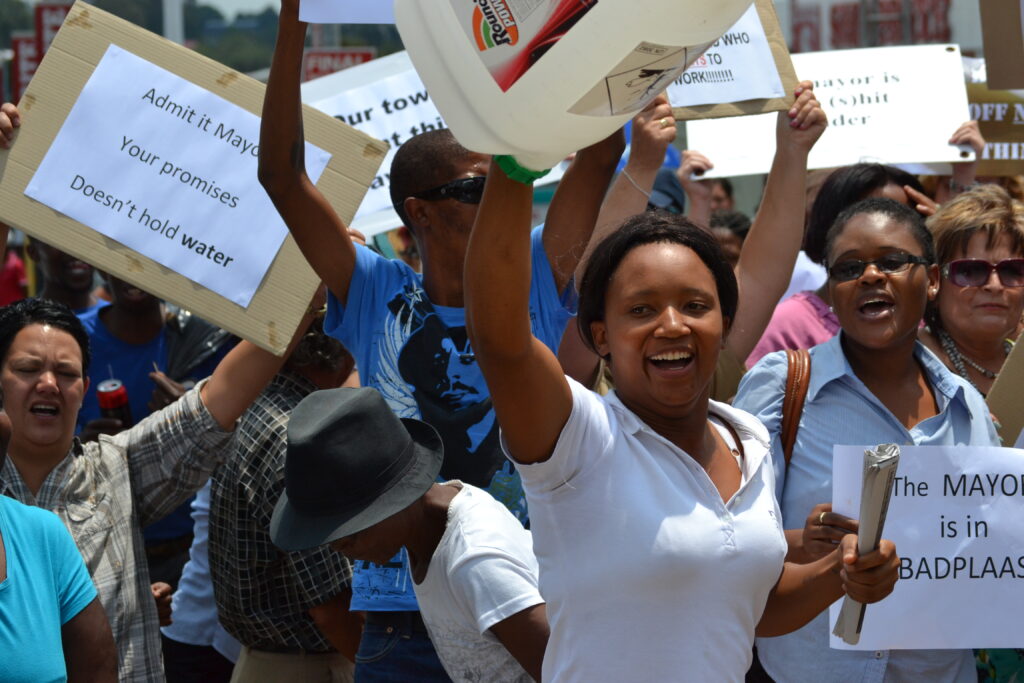
Translation as Empowerment: Translation as a contributor to human rights in the Global South
I have conducted research in collaboration with various international NGOs as part of the above three major research grant projects. Read more about the details of each of these projects below.
Translation as Empowerment:
Translation as a contributor to human rights in the Global South

- 2019-2021
- CAROLINE Fellowship
- Awarded €161,142
- Dublin City University & GOAL Global
- @transasempower
- Project website
This research project was funded through a Co-Fund Irish Research Council & Marie Skłodowska-Curie Actions Experienced Researcher Fellowship.
It investigated the critical role of translation in establishing an equal, two-way dialogue between Northern NGOs and the people they work with in the Global South. The project considered translation, in written and oral form, as a contributor to communities’ empowerment in two ways: as a tool that provides access to information; and as a tool that enables people to be heard.
The project was led by two central research questions:
- What is the role of translation in establishing an equal, two-way dialogue between Northern and Southern Civil Society Organisations (CSOs)?
- How can CSOs (better) assess or measure the effectiveness and impact of their information provision and their provided language support?
I was the Principal Investigator of this project, with support from Professor Sharon O’Brien, DCU & Dr Enida Friel, Head of Monitoring & Evaluation, GOAL. A 10-month secondment with GOAL’s MEAL team was completed as part of the collaboration.
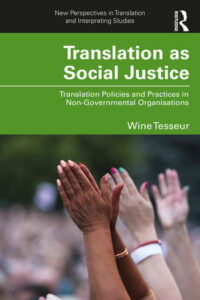
Book (2022): Wine Tesseur. Translation as Social Justice: Translation policies and practices in NGOs. Routledge’s New Perspectives in Translation and Interpreting Studies series. More here.
Journal article: Wine Tesseur (2022) Translation as inclusion? An analysis of international NGOs’ translation policy documents. Language Problems and Language Planning 45(3): 261–283. Article accessible on Open Access here.
NGO learning brief: GOAL (2021): ‘Reaching millions through multilingual COVID-19 awareness messaging: a case study on translation and cultural adaptation in GOAL’s information campaigns’. Accessible here.
The Listening Zones of NGOs:
Languages and Cultural Knowledge in Development Programmes
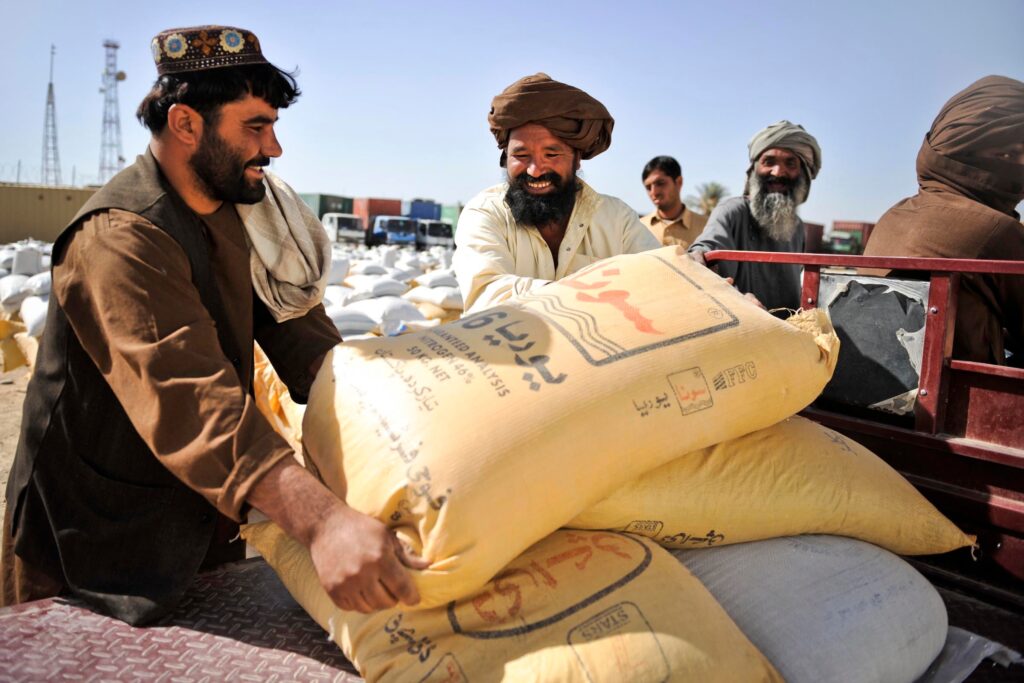
- 2015-2018
- AHRC Research Grant. PI: Prof. Hilary Footitt
- Awarded £305,547
- University of Reading, University of Portsmouth & INTRAC
- @listeningzones
This 3-year interdisciplinary research project (2015-2018) was funded by the UK’s Arts and Humanities Research Council and set out to investigate the role of languages and cultural knowledge in the work of international, UK-based development NGOs. It aimed to raise awareness of the importance of foreign languages in development work among those government and institutional donors that set the parameters within which NGOs interact with their local communities. It was led by Professor Hilary Footitt (University of Reading) with Dr Angela Crack, Dr Wine Tesseur, and colleagues from INTRAC, NGO training and research centre (Oxford).
The project aimed to answer the following research questions:
- What is the role of languages in power relations in development work?
- How much organisational awareness is there of languages/language policy?
- What is the provision of language/cultural mediation including translators/
interpreters?
This research was conducted in close collaboration with Christian Aid, Oxfam GB, Save the Children, and Tearfund. It involved fieldwork in Kyrgyzstan, Malawi and Peru, and over 100 research interviews with staff from civil society organisations and NGOs.
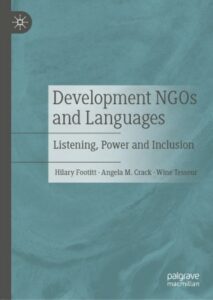
Book: Hilary Footitt, Angela Crack & Wine Tesseur (2020) Development NGOs and Languages: Listening, Power and Inclusion. Palgrave MacMillan.
Journal article: Wine Tesseur (2020) ‘Local capacity building after crisis: the role of languages and translation in the work of development NGOs in Kyrgyzstan’. Disaster Prevention and Management: An International Journal 29 (2): 214-226. Author accepted manuscript.
Report for NGOs and donors: ‘Respecting communities in International Development: languages and cultural understanding’.
Transformation through translation: Translation policies at Amnesty International
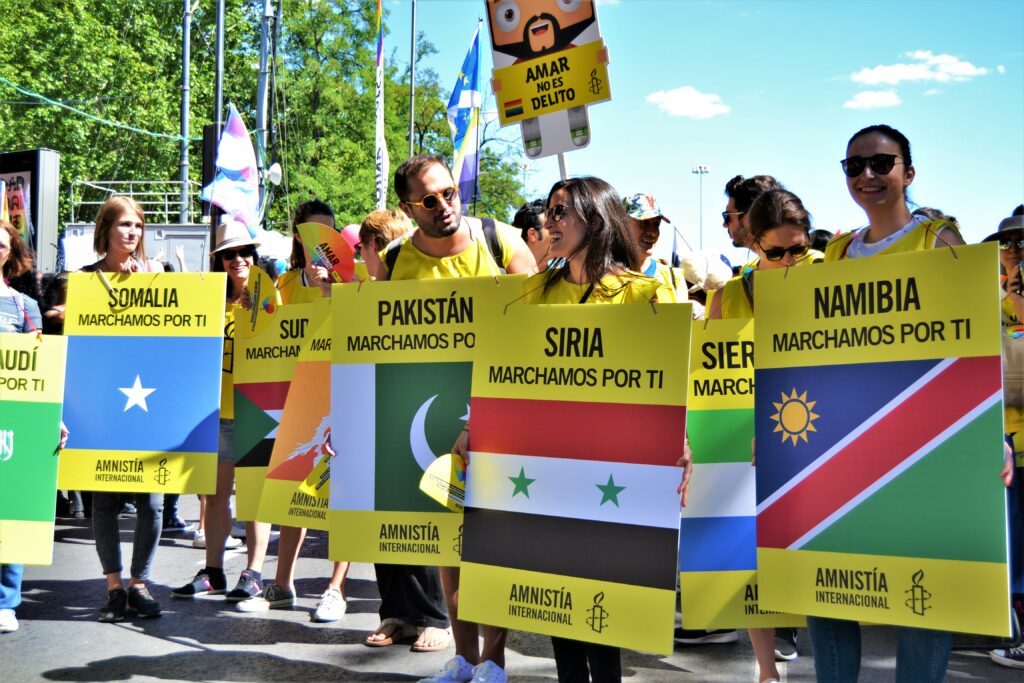
- 2011-2015
- Marie Curie Early Careers Research Fellowship in the TIME Project
- Total € 1,228,978
- KU Leuven (coordinator), Universitat Rovira i Virgili, Aston University, University of Turku
- Further information
My doctoral research was conducted as part of an EU Marie Curie Initial Training Network (ITN) project entitled TIME: Translation Research Training: An integrated and intersectoral model for Europe (FP7-PEOPLE-2010-ITN-263954). With its focus on translation research training, one of the objectives of the TIME project was to investigate what new expert profiles were needed for translators in light of new technologies and increasing globalisation.
My sub-project, for which I was based at Aston University and collaborated with Amnesty International, addressed the following research questions:
- What translation policies, including translation management, translation practices, and translation beliefs, are in place at Amnesty International?
- Do differing translation policies cause differences in the translations?
- How does translation and translation policy impact on the organisation’s message and voice as it is spread around the world?
The research involved ethnographic fieldwork during secondments at 3 Amnesty offices, i.e., with Amnesty International Flanders, Amnesty International’s Language Resource
Centre in Madrid, and Amnesty’s LRC in Paris.
Doctoral dissertation: Wine Tesseur (2015) ‘Transformation through translation: translation policies at Amnesty International’, PhD in Translation Studies, Aston University, Birmingham. Open access through Aston University.
Journal article: Wine Tesseur (2017) ‘Incorporating translation into sociolinguistic research: translation policy in an international non-governmental organisation’. Journal of Sociolinguistics 21(5): 629–649. Author accepted manuscript.
Event Report: ‘Round Table on Translation policies at NGOs’. Available here.